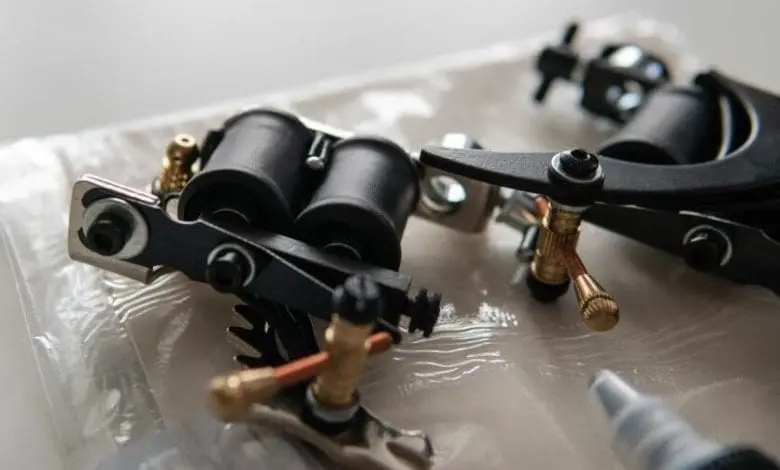Cremation tattoos: A guaranteed way to keep your loved ones forever?

“We never really get over the passing of someone, we just work out how to smooth out the painful spikes of losing them,” says Bubblegum Ink’s tattoo artist Paul Cutler. “Cremation tattoos are the only guaranteed way to keep your loved ones with you forever.”

